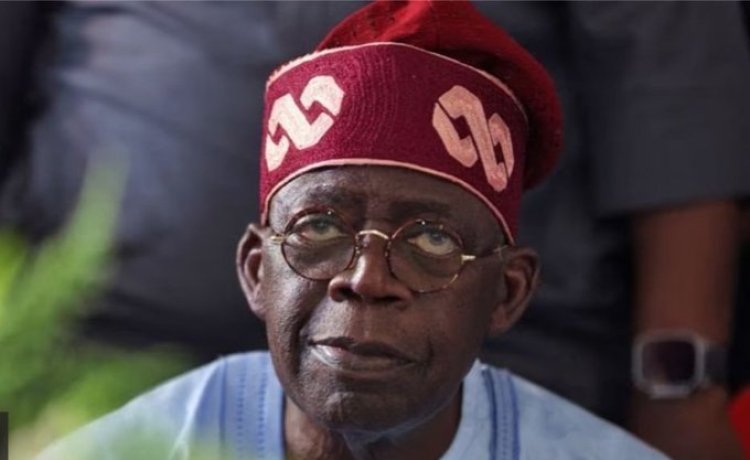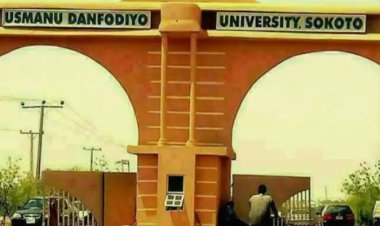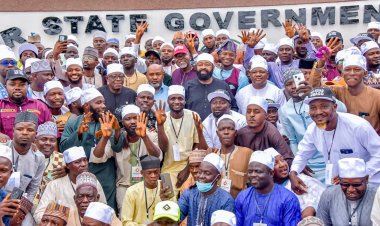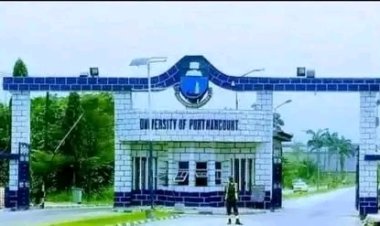Did Nigeria's President Tinubu Graduate from a School Not Yet Established?

The president has claimed to have graduated from Government College Lagos in 1970, a prestigious institution with a storied history. However, a startling revelation has emerged - Government College Lagos was not established until 1974. This glaring discrepancy has sparked intense scrutiny and debate, casting a shadow of doubt over the authenticity of President Tinubu's educational credentials. Government College Lagos, often referred to as GCL, holds a revered place in Nigeria's educational landscape. Established to provide high-quality education, the school boasts a long list of distinguished alumni who have made significant contributions to the nation. The institution's founding date of 1974 is a matter of historical record, a fact that has left many perplexed by President Tinubu's claims of graduating four years earlier.
The contradiction surrounding President Tinubu's graduation year from Government College Lagos has ignited a firestorm of debate, prompting many to scrutinize the accuracy of his educational claims. The historical records of the school simply do not align with the timeline presented by the president. Critics argue that this anomaly raises legitimate concerns about transparency and accountability in the highest office of the nation. Transparency is an essential aspect of effective leadership and governance. In a democracy, citizens must have confidence in their leaders, and this confidence relies on the honesty and integrity of those in positions of power. Educational credentials are a fundamental component of a leader's qualifications, and any discrepancies in this regard can erode public trust.
The president's office has been urged to provide a clear and accurate account of his educational background, including the circumstances surrounding his claim to have graduated from Government College Lagos in 1970. In an age where information is readily accessible, the verification of educational credentials has never been more critical. Many countries and institutions employ rigorous verification processes to ensure the accuracy of educational claims. Nigeria must consider implementing similar mechanisms to safeguard the integrity of its leadership positions and uphold public trust.

 peace francis 1
peace francis 1 



